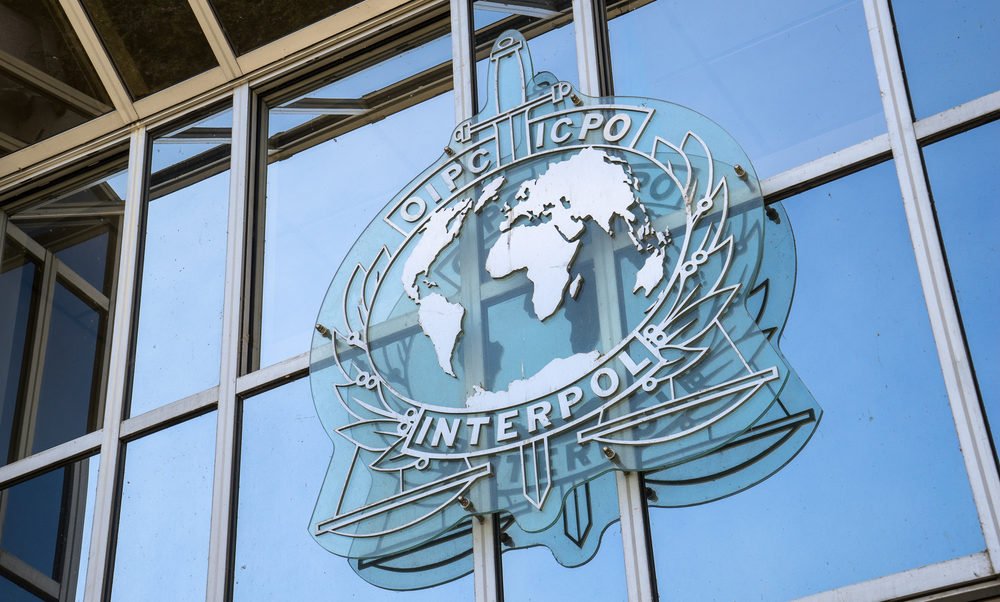The international police agency INTERPOL has issued a fresh warning about the rapid spread of organized scam centres across the globe. In a new report released this week, INTERPOL revealed that criminal groups running these operations have expanded far beyond their traditional bases in Southeast Asia, setting up fraud hubs in Africa, Latin America, and other regions.
The agency described how thousands of people are being lured with fake job offers, trafficked across borders, and then forced to carry out online scams under inhumane conditions. Authorities are calling this an urgent, growing global threat to public safety, financial security, and human rights.
Victims Tricked and Forced Into Online Scams
INTERPOL’s findings expose how criminal gangs recruit victims by advertising fake jobs — often as call centre workers, IT specialists, or online sales agents. Once the victims arrive in countries like Myanmar, Cambodia, and Laos, their passports are taken away and they are held captive in guarded compounds.
There, they are forced to run romance scams, cryptocurrency frauds, lottery cons, and even sextortion schemes targeting people in different parts of the world. INTERPOL noted that these scams have become more sophisticated, making it harder for law enforcement to track and dismantle them.
From Southeast Asia to Africa and Latin America
While countries like Cambodia and Myanmar have long been known as hotspots for scam centres, recent police operations show that the problem is now spreading to Africa, Latin America, and other regions.
In one example, INTERPOL’s Operation Storm Makers II led to the inspection of over 270,000 people at border crossings and hotels in 27 countries. In another major crackdown, Operation Serengeti in Africa resulted in over 1,000 arrests and the identification of nearly 35,000 victims of human trafficking and cyber fraud.
These findings confirm that organized crime groups are expanding their operations by exploiting weak law enforcement and poverty-stricken areas across multiple continents.
Massive Profits for Criminal Networks
According to INTERPOL, these scam centres generate billions of dollars each year for international criminal syndicates. Some estimates suggest that such operations, combined with related crimes like drug trafficking and arms smuggling, now fuel a $2-3 trillion global crime economy (2 to 3 lakh crores).
The gangs behind these centres are also using advanced technology tools like artificial intelligence, cryptocurrencies, and phishing services to scale up their operations while staying out of the reach of authorities.
Interpol’s Call for Action and Better Victim Support
INTERPOL officials have urged governments to step up international cooperation, strengthen border controls, and increase public awareness to prevent people from falling into these traps. The agency has also called on countries to update the language used to describe these crimes — replacing terms like ‘pig butchering’ with more respectful and victim-focused language.
The organization emphasized that the people forced to carry out these scams are victims of trafficking and abuse, and deserve protection and support. It further urged financial institutions and online platforms to work more closely with law enforcement to track and block illicit money flows from scam operations.



